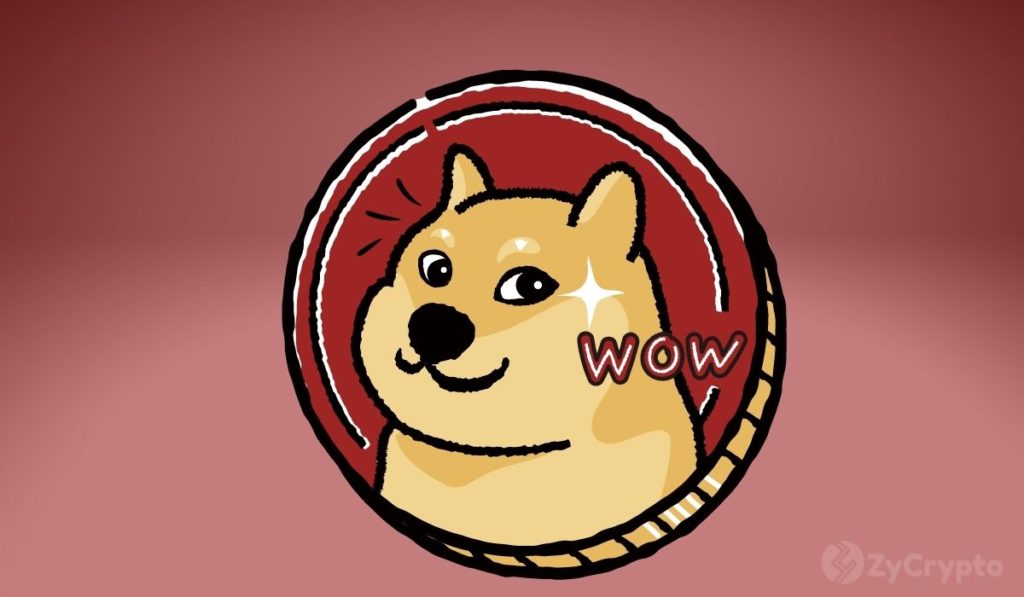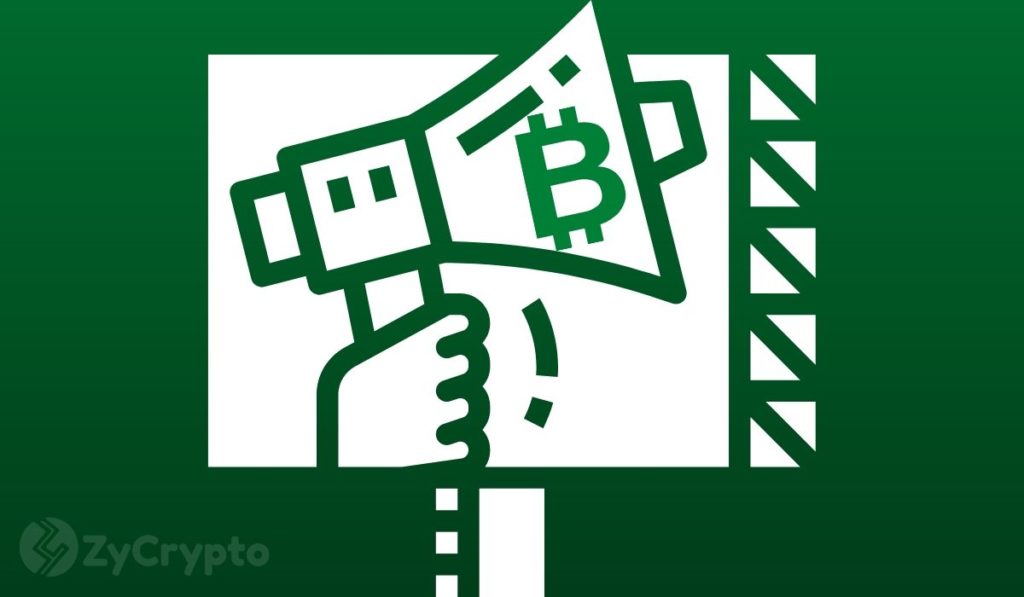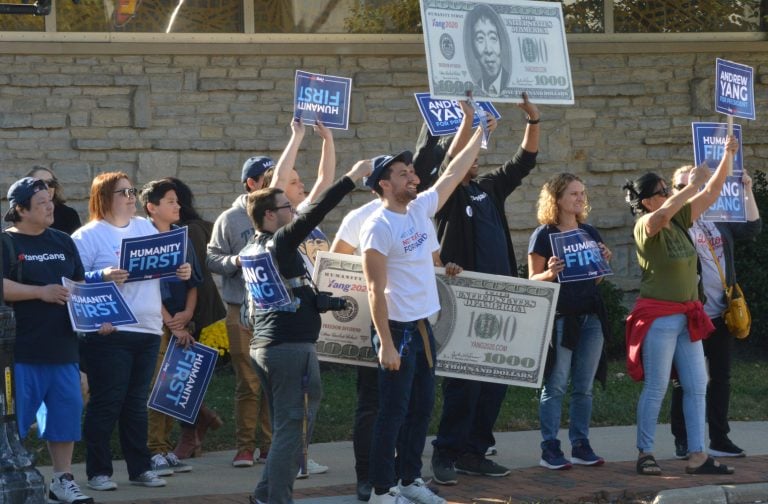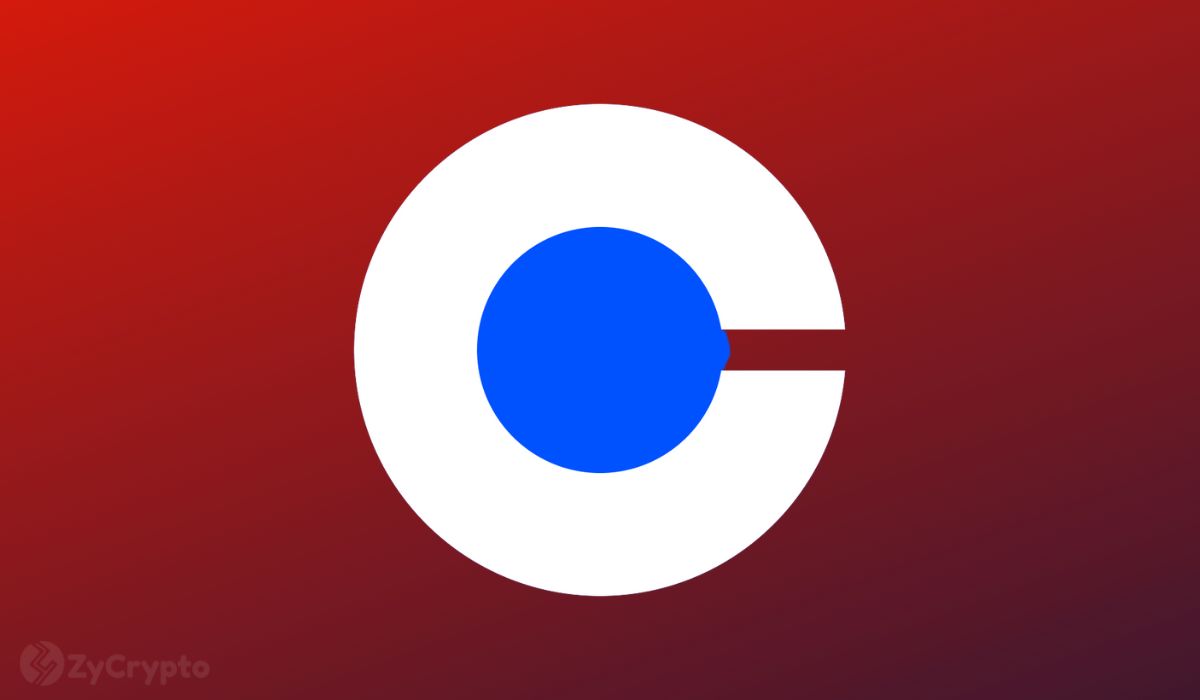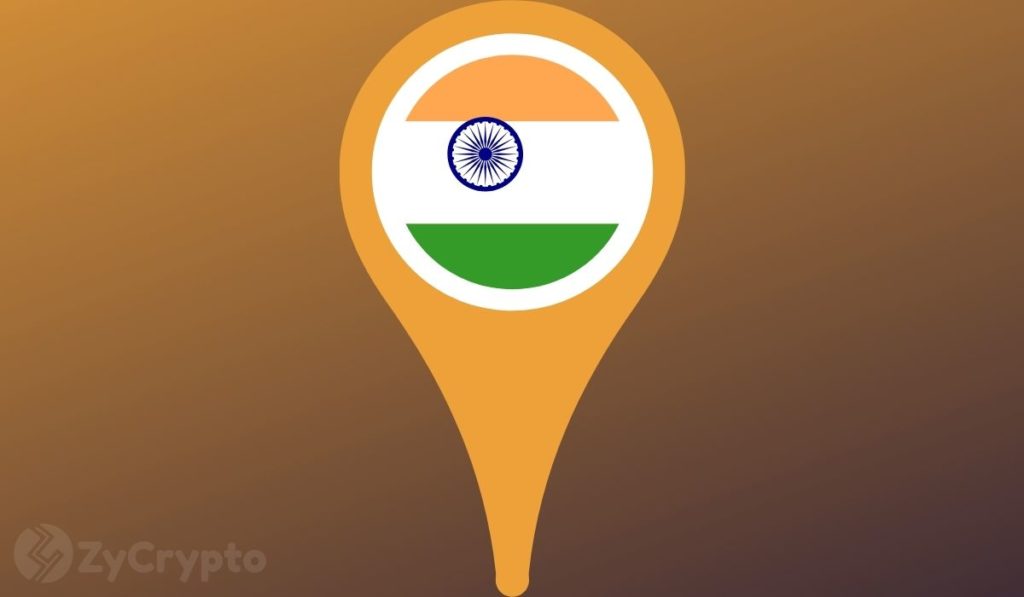
2022-2-27 16:08 |
All publishers and advertisers in India will now need to append a disclaimer on their ads stating clearly that crypto products and non-fungible tokens are not regulated and can be highly risky for consumers. They will also need to warn their audience that there currently are no laws that can enforce compensation if users incur losses from crypto and NFT transactions.
The new guidelines were released by the Advertising Standards Council of India (ASCI). They will start to take effect on April 1 this year. The council has published a document online containing the specifics of how the ad disclaimer should be presented on ads. This will affect all audio, video, and text advertisements online or offline. The directions also address the involvement of celebrities in crypto advertisements and promotions.
“Since this is a risky category, celebrities or prominent personalities who appear in VDA (virtual digital asset) advertisements must take special care to ensure that they have done their due diligence about the statements and claims made in the advertisement, so as not to mislead consumers.”
The council said it was advocating for the protection of consumers through the new guidelines. It largely views cryptocurrencies and NFTs as unregulated products. Cryptocurrency advertising has been a sensitive topic in India for quite some time now. Since last year, regulators have raised concerns that these ads were affecting young people since they were promoting crypto as “get-rich-quick schemes”.
Following the new developments, advertisers will also need to stop using words like “currency”, “securities”, “custodian” and “depositories” since that could misrepresent their products to the audience as regulated products.
Cryptocurrency exchanges or their managers have not yet commented on the move. However, the decision is largely welcome by the Reserve Bank of India and other regulators. Former RBI High-level committee member Dr. Aruna Sharma hailed the move as a good step towards protecting investors, saying it would kick start the crypto regulation process.
The council – being a voluntary body – said nothing in the guidelines about how it would deal with publishers, celebrities, companies, and members violating the new guidelines. Some stakeholders have already called the guidelines unconstitutional and non-legally binding. No doubt it will spark an already heated debate on crypto regulation in the country.
origin »Bitcoin price in Telegram @btc_price_every_hour
Memetic / PepeCoin (MEME) íà Currencies.ru
|
|
